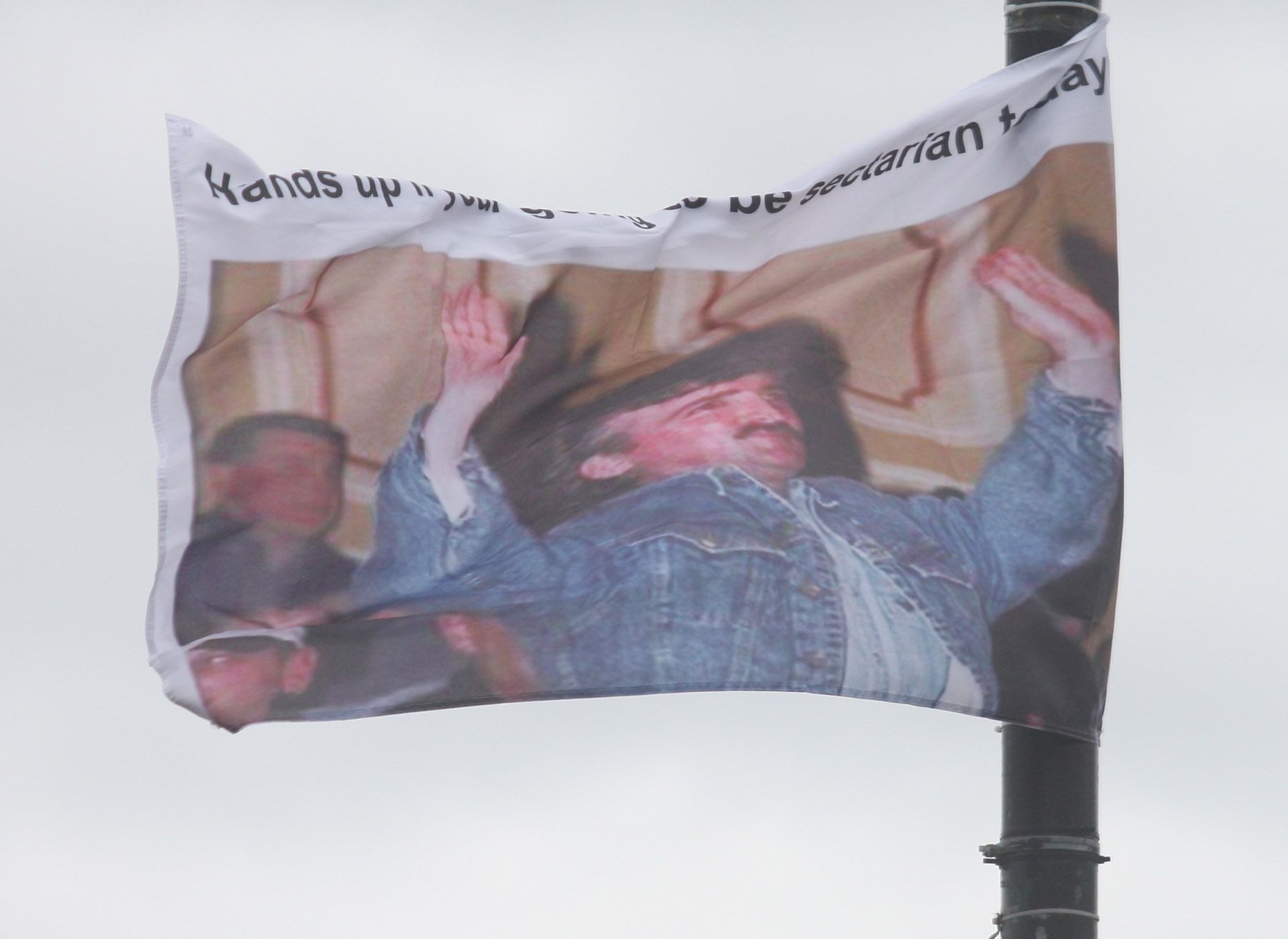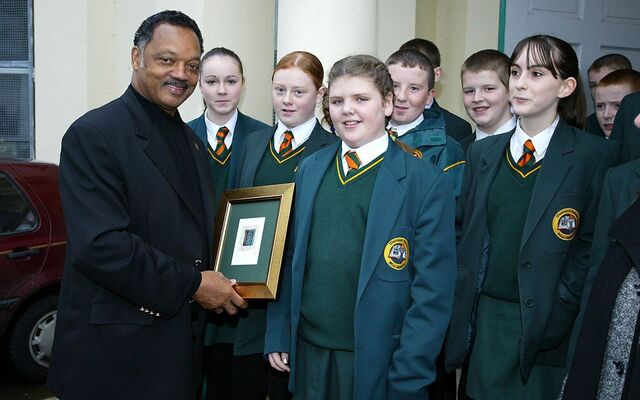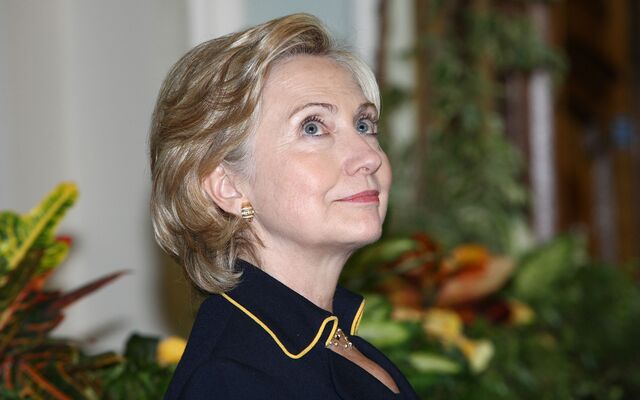THE depressing sight of a Michael Stone flag outside Holy Cross Girls’ Primary School is a grim reminder of the landmark blockade of 20 years ago, which we hoped represented a low water mark for base sectarianism in the North.
But the decision by Ardoyne loyalists to put up a picture of a serial killer of Catholics outside a Catholic school – later put right by wiser local heads – is the latest reminder of the turmoil that unionism finds itself in at present. And it is absolutely no coincidence that this shocking hate crime took place after a period in which the main unionist parties have been ramping up confusion and tension in their shambolic campaign to have the Irish Sea border removed.
The decision of the DUP to meet the Loyalist Communities Council (LCC), which includes the UDA and the UVF, both of whom are up to their necks in drug-dealing and violent crime, significantly raised the political temperature and it sent out a message to the unionist community; and that message – coming so soon after the LCC stated that physical violence to remove the Protocol was being considered – was that things have progressed beyond the political.
It’s a horribly regressive and ultimately self-defeating strategy and another perfect example of unionism’s utter failure to connect, to learn, to listen, to consider. The gathering pace of the debate on a united Ireland can only be further hastened when it’s clear from incidents like this that the sectarian hatred and violence which marked the early years of partition have never gone away.
At a time when the Scots are closer to independence than they have ever been, when the long- dormant Welsh dragon is beginning to stir, anyone with a scintilla of common sense would be able to see that those who advance a pro-union case need to be calming things down. Instead, unionism prefers to continue as the Millwall of Irish politics: no-one likes us, we don’t care.
The sea-change that we are seeing in attitudes towards an agreed new island was best illustrated this week in moves by the two Irish parties which have been the most powerful bulwark against a united Ireland in the past century: Fine Gael and Fianna Fáil. FG party leader and Tánaiste Leo Varadkar acknowledged this week that “the tectonic plates of Irish politics have changed,” which is about as frank an admission that it’s game-on as you’re going to get from a party with as much interest in a united Ireland as the TUV.
FF big beast Jim O’Callaghan, meanwhile, has been laying out his vision of the future, suggesting that the Dáil or the Seanad could in future convene in Belfast, and that guaranteed seats in both houses for unionists could be an option.
That Fine Gael and Fianna Fáil are setting the stage for a new Ireland without ever having organised in the North should be a salutary lesson for unionism about the need to change tack. The chaotic obsession with the Protocol means they’ve lost sight of the big picture. And it’s their own cause the will suffer for it.






